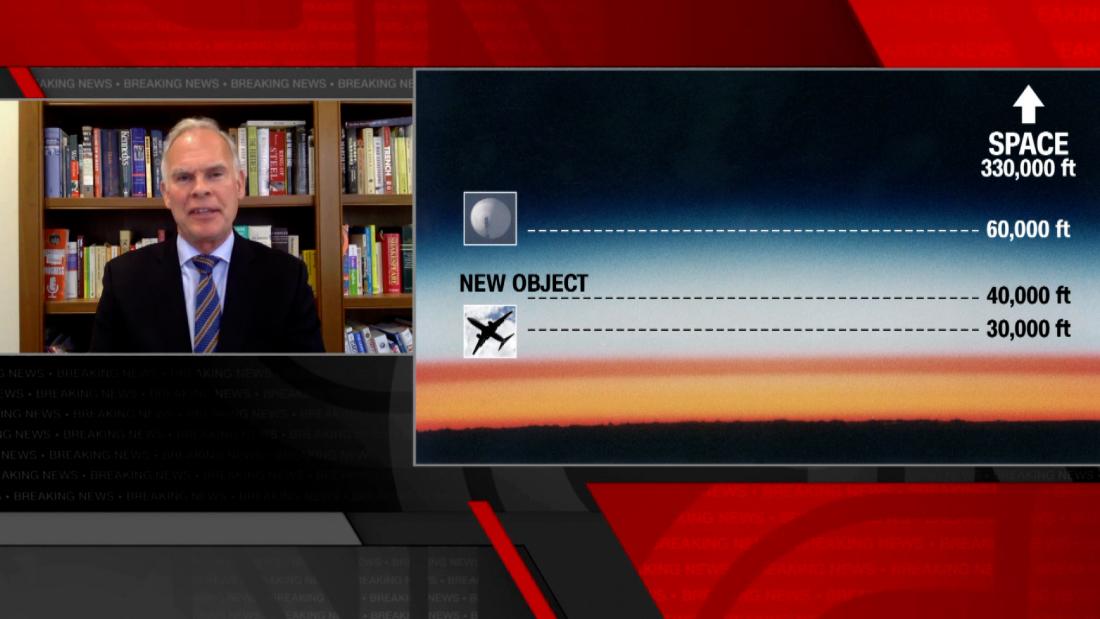A Hopeful Twist on the Gun Debate? Experts Agree on Goals, Some Policies
A survey of researchers and analysts with starkly different approaches to gun policy found a willingness to accept the evidence of research identifying strategies that could reduce firearm deaths. The next step is to make that research happen, said RAND, which conducted the survey.

Is the nation doomed to remain polarized by the “forever” debate over gun control?
Not necessarily, according to a RAND survey released Tuesday.
The survey discovered surprising points of agreement among 173 researchers, advocates and analysts who otherwise disagree on nearly every aspect of gun policy—a finding that researchers said could point the way to resolving an issue that has paralyzed Congress and many state legislatures.
Asked in the survey for their evaluation of 19 regulatory or legislative actions on gun policy, the experts’ responses were sharply skewed between those who favored more restrictive measures such as tighter gun purchase regulations and those who advocated more “permissive” approaches, such as expanded concealed carry laws—reflecting the divided views of the nation at large.
But the survey also found agreement—or at least a lack of disagreement—on five of the 19 strategies, suggesting that a consensus on future gun control measures is possible if they can be demonstrably supported by scientific evidence, claimed RAND, a nonprofit research organization.
“Experts who favor more-permissive policies and those who favor more-restrictive policies appear to have a broadly similar set of policy priorities or objectives that lead them to agree on what policymakers should attempt to achieve through improved gun policy (primarily, reducing firearm suicides and firearm homicides),” the study said.
The five strategies on which a consensus appeared to emerge were:
-
- State prosecution of prohibited possessors seeking firearms;
- Expanded mental health prohibitions such as barring gun ownership to individuals with mental illness;
- A child access prevention law;
- Mandated surrender of firearms by prohibited possessors; and
- Firearm prohibitions for individuals subject to domestic violence restraining orders.
The 2020 survey was a follow-on from a similar RAND poll taken in 2018 of 95 experts. The 2018 survey recorded a similar wide gap between gun control and gun rights perspectives, but did not include some of the five strategies cited above.
The range of polices considered by the respondents in the new survey included “permissive” measures like expanded conceal-carry and open-carry laws, and “restrictive” measures such as universal background checks, arming school personnel in K-12 schools, and gun purchase limits.
Just as significantly, the authors of the RAND report said they found that the respondents all agreed on what they believed gun policies should achieve: a reduction in firearm deaths.
“Most differences appear not to be driven by different policy goals, but rather by different beliefs about what individual policies might accomplish,” said Rosanna Smart, the study’s lead author and an economist at RAND, a nonprofit research organization.
Research Paves the Way for Consensus
The results were encouraging, RAND added, because it made clear that if further research into the impact of gun control policies showed that those goals could be achieved, a broader consensus could emerge.
“If the majority of policy disagreements are associated with factual questions about policies’ true effects, this suggests that investment in research to understand the true effects of policies offers a promising and available path for building consensus on gun policy,” RAND said, noting that future gun policy negotiations “could focus more clearly on the goals that the two sides share.”
The RAND researchers pointed out that Congress’ decision last year to appropriate funds for gun research for the first time in over two decades represented a significant opportunity.
“We believe that, without new, more-rigorous, and more-conclusive scientific research estimating the effects of gun policies on the outcomes considered in this report, policymakers and the public will depend on their own beliefs about what those effects are and the beliefs of the experts they trust,” the authors said.
The respondents who participated in the survey included academics, individuals nominated by staff from gun policy advocacy or professional organizations, individuals who have published commentaries on gun policy for research organizations or policy institutes, and staff serving on one of four congressional committees that routinely consider gun legislation—”all people with a professional interest in understanding and communicating the likely effects of gun policies,” RAND said.
The authors of the survey argued that assessing the views of these groups offered the only available method so far of evaluating gun policy.
“Without strong scientific evidence of the effects of laws, policymakers and the public rely heavily on what policy advocates or social scientists believe the effects are most likely to be,” the study asserted.
“Thus, these individuals’ opinions about the likely effects of policies are an important influence on gun policy debates and decisions.”
The RAND researchers observed that “these opinions should not be viewed as a substitute for rigorous scientific research.”
But unless such research was forthcoming, the potential for exploiting any emerging consensus on gun policy was limited, they warned.
Other authors of the study are Andrew R. Morral and Terry L. Schell.
The study, “The Magnitude and Sources of Disagreement Among Gun Policy Experts, Second Edition,” can be downloaded here. It is also available at www.rand.org.
Support for the study, a part of RAND’s Gun Policy In America initiative, was provided by Arnold Ventures.

 Landwebs
Landwebs 






















